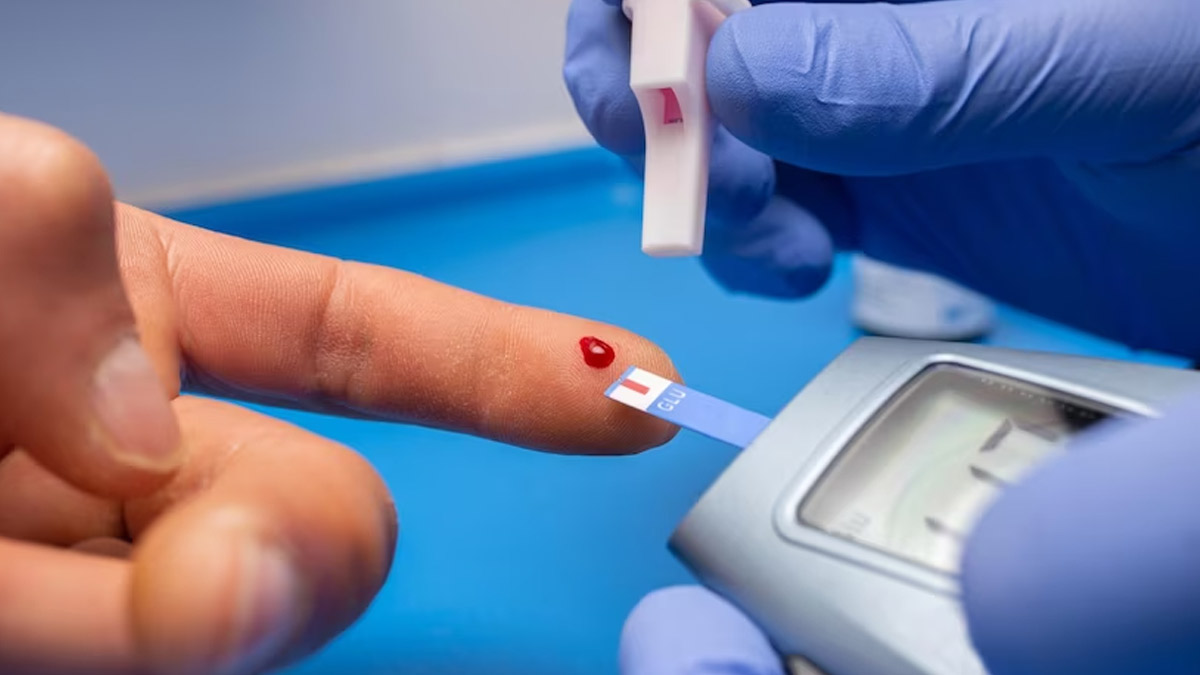
Managing diabetes involves a multifaceted approach that goes beyond medications and dietary choices. Establishing healthy bedtime habits is a crucial yet often overlooked aspect of diabetes control. Quality sleep and mindful routines before bedtime can positively impact blood sugar levels and overall well-being for individuals living with diabetes.
Table of Content:-
Bedtime Habits to Control Diabetes
1. Consistent Sleep Schedule
Maintaining a regular sleep schedule is vital for stabilising blood sugar levels. Going to bed and waking up at the same time every day helps regulate the body's internal clock, promoting better insulin sensitivity and glucose control. Aim for 7-8 hours of uninterrupted sleep each night.
2. Mindful Snacking
Choose a balanced bedtime snack that combines protein and healthy fats with a small amount of complex carbohydrates. This can help prevent nocturnal hypoglycemia or spikes in blood sugar levels during the night. Options include a handful of nuts with a slice of cheese or a small serving of Greek yoghurt.
3. Hydration
Staying hydrated is crucial for everyone, but especially for individuals with diabetes. Ensure you're adequately hydrated before bedtime, but avoid excessive fluid intake to prevent frequent trips to the bathroom during the night. Opt for water or herbal teas over sugary beverages.

Also Read: Boost Your Health in Your 30s with these 6 High Antioxidant Foods
4. Reduce Stress
Practice relaxation techniques such as deep breathing, meditation, or gentle stretching before bedtime to reduce stress levels. Chronic stress can elevate cortisol levels, which may interfere with insulin sensitivity and contribute to blood sugar fluctuations.
5. Limit Screen Time
The blue light emitted by electronic devices can disrupt the body's natural sleep-wake cycle. Limit screen time at least an hour before bedtime to promote the production of melatonin, a hormone that regulates sleep. Consider engaging in calming activities, such as reading a book or practising gentle yoga.

Also Read: Boost Your Health in Your 30s with these 6 High Antioxidant Foods
6. Monitor Blood Sugar Levels
Check your blood sugar levels regularly, especially before bedtime. Understanding your nighttime readings can help you and your healthcare team make necessary adjustments to your diabetes management plan. Consult with your healthcare provider if you notice consistent patterns of high or low blood sugar levels.
7. Comfortable Sleep Environment
Create a comfortable and conducive sleep environment. Ensure your bedroom is dark, quiet, and cool. Invest in a comfortable mattress and pillows to support quality sleep. Quality rest is essential for overall health and diabetes management.
Bottomline
Incorporating these bedtime habits into your daily routine can significantly contribute to better diabetes control and overall well-being. Remember, individual needs may vary, so it's essential to consult with your healthcare team to tailor these recommendations to your specific health requirements. A holistic approach that includes a balanced diet, regular physical activity, and mindful bedtime habits is key to managing diabetes effectively.
Also watch this video
How we keep this article up to date:
We work with experts and keep a close eye on the latest in health and wellness. Whenever there is a new research or helpful information, we update our articles with accurate and useful advice.
Current Version